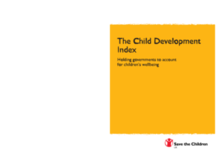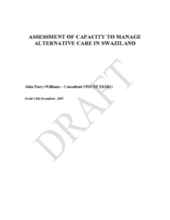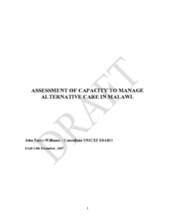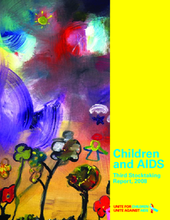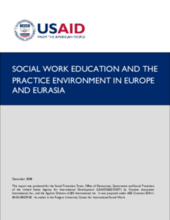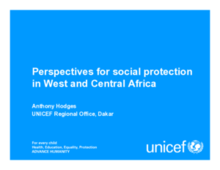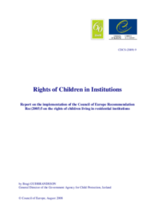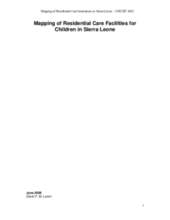Displaying 881 - 890 of 1028
Analysis of the considerable variation between countries, globally and within regions in terms of the rights, opportunities and wellbeing that children enjoy and the national political and policy choices affecting them.
The information collection tools from the Manual for the Measurement of Indicators for Children in Formal Care - a manual to assist countries in strengthening their information system around children in formal care through data collection around 15 global indicators.
Country level evaluation of contributing factors to the establishment of an alternative care system.
Country level evaluation of contributing factors to the establishment of an alternative care system.
Examines data on progress, emerging evidence, and current knowledge and practice for children as they relate to four programme areas
The purpose of this study is to inform stakeholders about the current status of social work in the region, describe the practice environment, identify gaps between what is expected of social workers and the reality, provide examples of best practices, and make recommendations for furthering the development of social work in the region.
Assessment of individual African government's performance in regards to child welfare.
Assesses constraints and opportunities for social protection programming regionally with particular consideration for child sensitive social protection.
This report provides an assessment of the current situation with regards to rights of children in institutions in 42 Council of Europe member states.
Mapping of existing facilities caring for children in residential capacity for use in developing child protection standards

